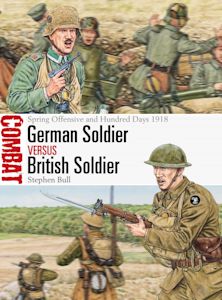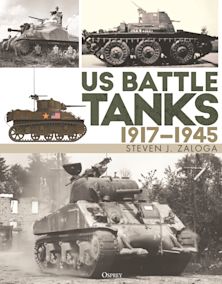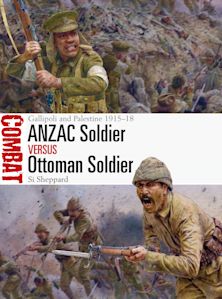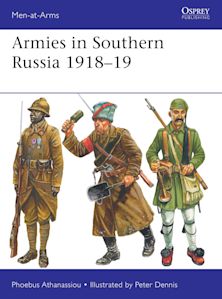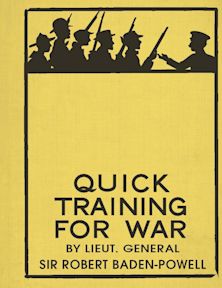British Cavalryman vs German Cavalryman
Belgium and France 1914
British Cavalryman vs German Cavalryman
Belgium and France 1914
Description
Fully illustrated, this book casts light on the utility and role of the German and British cavalry in the early stages of World War I on the Western Front.
In the early months of World War I, before the fighting degenerated into static trench warfare, there was a brief period of mobile combat as the German Army advanced through Belgium and northern France, forcing the French and British forces facing them to retreat. Both sides in the escalating conflict deployed substantial numbers of cavalry units to screen their infantry forces, conduct reconnaissance and harness their superior mobility to undertake aggressive combat operations. In the summer of 1914, the British cavalry had the difficult task of covering the withdrawal of the British Expeditionary Force and the German cavalry, the equally demanding task, after weeks of combat and forced marches, of maintaining contact with a rapidly retiring enemy.
In this book a comparative assessment is made of each side's doctrine, organization, equipment and training, followed by a detailed analysis of their actual performance in three key encounter actions: Casteau/Soignies (22 August), Cérizy/Moÿ (28 August) and Le Montcel/Frétoy (7 September). This analysis is supported by carefully chosen photographs and specially commissioned full-colour artwork and maps.
Table of Contents
The Opposing Sides
Casteau, 22 August 1914
Cérizy-Moÿ, 28 August 1914
Le Montcel, 7 September 1914
Analysis
Aftermath
Unit Organizations
Bibliography
Index
Product details
| Published | Aug 18 2022 |
|---|---|
| Format | Ebook (Epub & Mobi) |
| Edition | 1st |
| Extent | 80 |
| ISBN | 9781472848819 |
| Imprint | Osprey Publishing |
| Illustrations | Colour artwork plates and maps; black & white and colour photographs and illustrations. |
| Series | Combat |
| Short code | CBT 66 |
| Publisher | Bloomsbury Publishing |

Resources
Discover More
Visit our exclusive member's website to see artwork, maps, and more from this book.

Resources
Book Vote
Tell us what titles you would like to see published by Osprey, then vote for your favourites in our monthly book vote!









